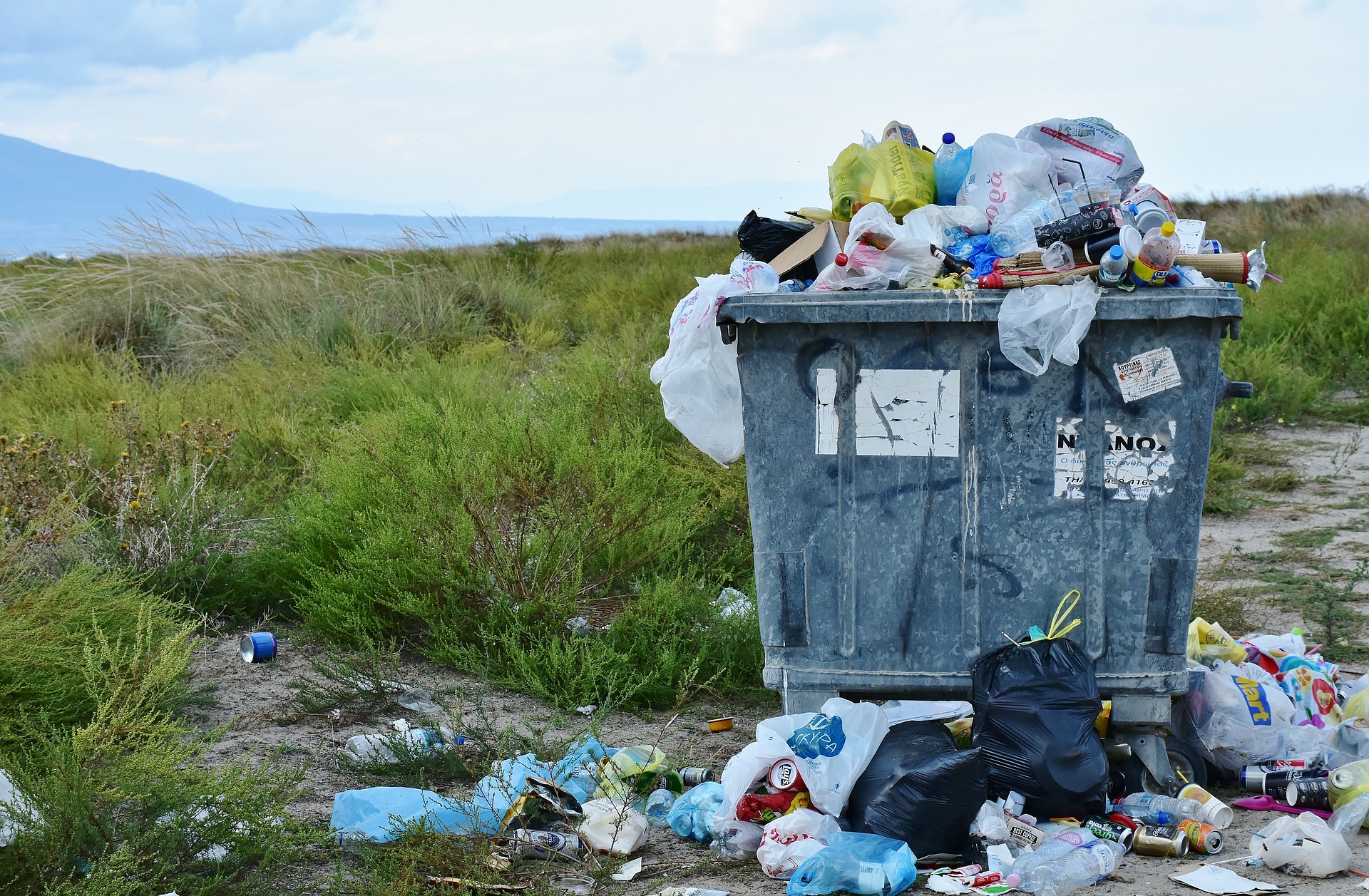News release
From:
Expert Reaction
These comments have been collated by the Science Media Centre to provide a variety of expert perspectives on this issue. Feel free to use these quotes in your stories. Views expressed are the personal opinions of the experts named. They do not represent the views of the SMC or any other organisation unless specifically stated.
Scientia Professor Veena Sahajwalla is an ARC Laureate Fellow and the Founding Director of SMaRT Centre at UNSW
“Any schemes to recycle are welcome but what is really needed is a more coordinated, systematic process around recycling the many problematic wastes not normally subject to traditional recycling services, including soft plastics and plastic/mixed material packaging. One of the challenges is a lack of facilities and cost barriers for industry and councils, as well as technology to enable problematic wastes to be recycled and reformed into materials for use again.
The SMaRT Centre has developed a range of technologies that can reform various wastes usually not subject to traditional recycling methods into value added materials and products, such as filament for 3D printing and Green Ceramics made from textiles, glass and many other wastes. While society first needs to prevent plastic and other wastes from getting into our oceans and waterways, we need innovative technical solutions to deal with existing and future wastes. This includes having stronger ‘product stewardship’, where producers of products and users of products are more accountable for when they come to their so-called end of life, and better collection and recycling, using new technologies to extract and reform the valuable elements they contain.
On average, each Australian consumes over 24 kg of plastic and uses over 230 plastic bags every year. In 2020, only 12% of the plastic waste was actually recycled and 81% went into landfills, with a lot of it ending up in waterways and the oceans. The 2021 The National Plastics Plan (NPP) also says over 1 million tonnes of single-use plastics goes straight to landfill and about 130,000 tonnes of plastic leaches into Australian waterways and oceans every year. This is equivalent to 1,280 kilograms of plastic being dumped every hour in Australia’s ocean."



 Australia; NSW
Australia; NSW


